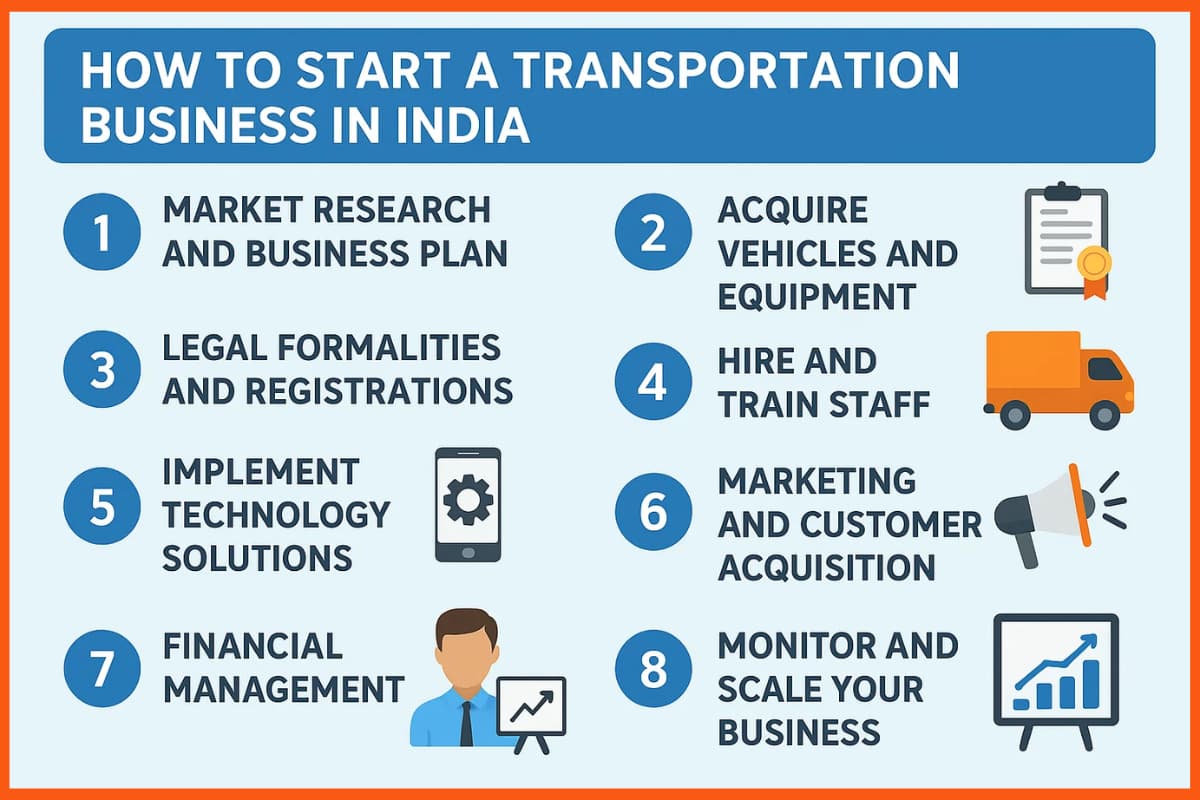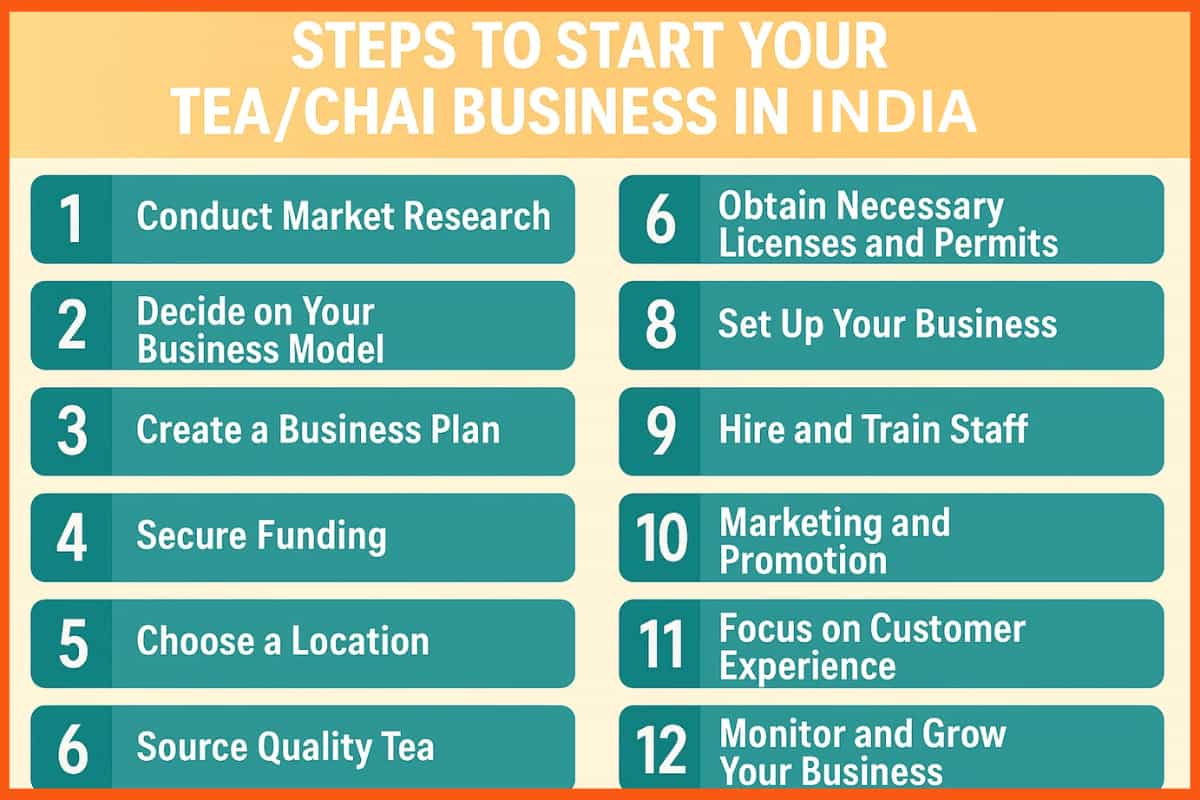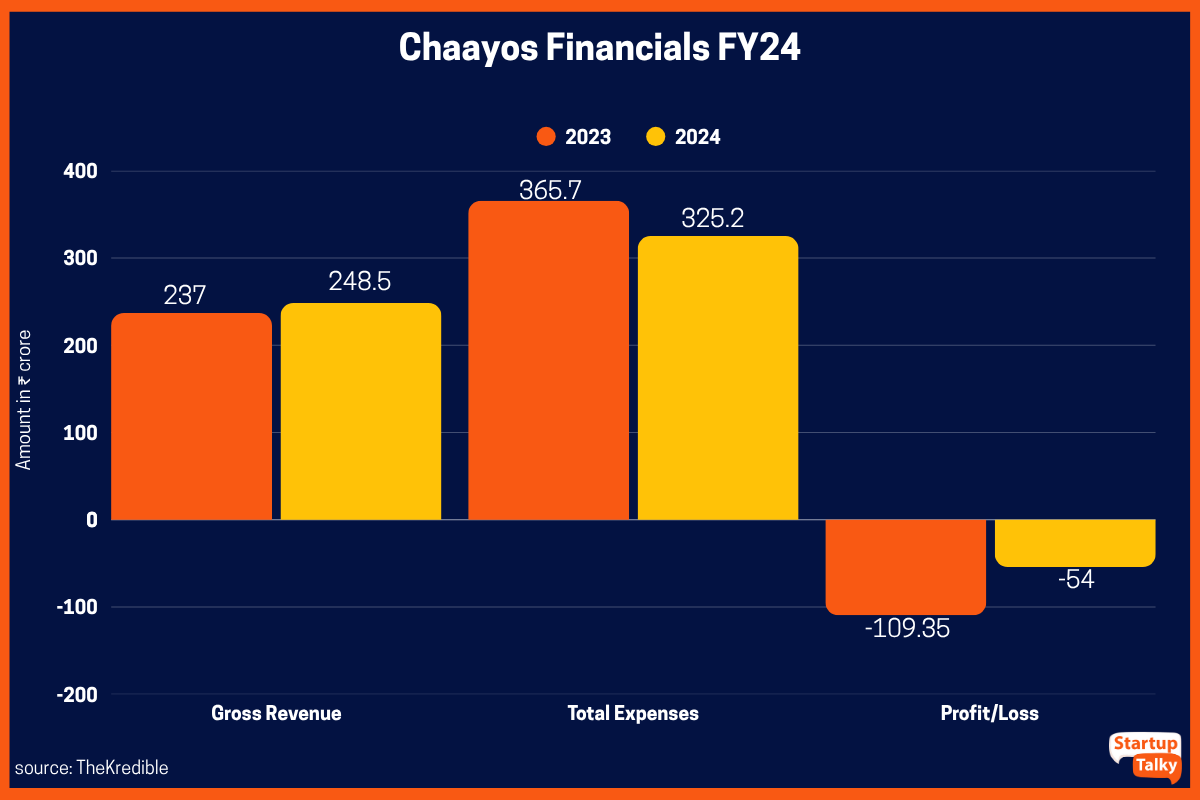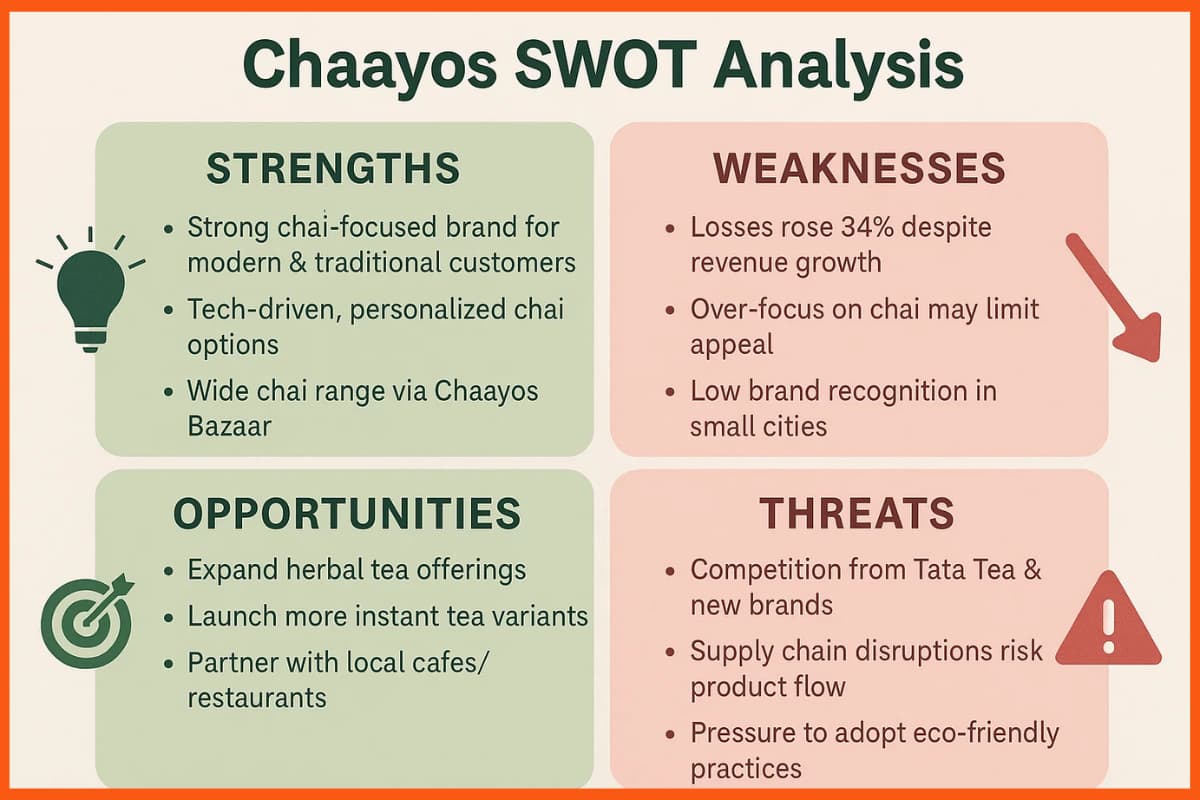Starting a transportation business in India can be an incredibly lucrative endeavor, given the country’s rapid economic growth and increasing demand for logistics and transportation services. Whether you’re interested in freight transport, passenger services, or specialized transportation, this step-by-step guide will help you navigate the complexities of starting a transportation business in India.
Why Start a Transportation Business
- High Demand Due to Economic Growth: India’s rapid industrial and economic expansion is fueling a constant need for logistics and transport services across sectors, be it Ecommerce, manufacturing, agriculture, or public travel.
- Profitable Margins: The average profit margin in the transportation industry ranges from 10% to 25%, making it a financially rewarding business with the right cost and fleet management.
- Diverse Business Opportunities: You can choose from various types of transportation services:
- Freight transport (trucks, lorries)
- Passenger services (buses, taxis)
- Specialized transport (cold storage, hazardous materials)
This flexibility allows you to cater to different market segments.
- Use of Modern Technology: Adopting fleet management software, GPS tracking, and CRM systems improves efficiency, safety, and customer service, giving a competitive edge.
How to Start Transport Business in India
Step 1: Market Research and Business Plan
Step 2: Legal Formalities and Registrations
Step 3: Acquire Vehicles and Equipment
Step 4: Hire and Train Staff
Step 5: Implement Technology Solutions
Step 6: Marketing and Customer Acquisition
Step 7: Financial Management
Step 8: Monitor and Scale Your Business

Step 1: Market Research and Business Plan
Conduct Market Research
Market research is the cornerstone of any successful business. Analyze the local and national transportation market to understand the demand, competition, and potential customer base. Identify the types of transportation services that are in high demand, such as:
- Freight transport (goods delivery)
- Passenger transport (buses, taxis)
- Specialized transport (hazardous materials, refrigerated goods)
Create a Business Plan
A well-structured business plan is essential for attracting investors and securing loans. Your business plan should include:
- Executive Summary: An overview of your business idea
- Market Analysis: Insights gathered from your market research
- Business Model: How you plan to make money
- Service Offerings: Details of the transportation services you will offer
- Marketing Strategy: How you plan to attract and retain customers
- Financial Plan: Budget, funding needs, revenue projections, and financial goals
Step 2: Legal Formalities and Registrations
Choose a Business Structure
Decide on the legal structure of your business. Common options in India include:
- Sole Proprietorship: Simple and easy to set up
- Partnership: Involves two or more people
- Private Limited Company: Ideal for larger operations
- Limited Liability Partnership (LLP): Combines the benefits of a partnership and a company
Register Your Business
Registering your business is an essential first step in launching your transportation company in India. Start by choosing a unique name for your business. Check if the name is available on the Ministry of Corporate Affairs (MCA) website.
Obtain Necessary Licenses and Permits
The transportation industry in India is highly regulated, so you’ll need various licenses and permits to operate legally. Common requirements include:
- Commercial Vehicle Permit: Issued by the Regional Transport Office (RTO)
- Goods and Service Tax (GST) Registration: Mandatory for businesses with an annual turnover exceeding 20 lakhs
- Trade License: Issued by the local municipal corporation
- Insurance: Both for vehicles and liability insurance

Step 3: Acquire Vehicles and Equipment
Consider the following factors when selecting your vehicles:
- Fuel Efficiency: Saves money on fuel and helps the environment
- Maintenance Costs: Lower maintenance costs mean higher profits
- Capacity: Ensure the vehicle can handle the volume of goods or passengers
- Durability: Choose models known for their durability and reliability
- Brand Reputation: Opt for brands with good after-sales service and support
Next, align your vehicle selection with your pricing strategy. High-end models may attract premium customers but come with higher costs. Budget models can help you save money but may not offer the same level of comfort or reliability.
Choose the Right Vehicles
The type of vehicles you’ll need depends on the services you plan to offer. Consider factors like fuel efficiency, load capacity, and maintenance costs. Common types of vehicles include:
- Trucks and Lorries: For freight transport
- Buses and Vans: For passenger transport
- Specialized Vehicles: For refrigerated goods, hazardous materials, etc
Purchase or Lease Vehicles
You can either buy or lease vehicles. Buying requires a higher initial investment but offers long-term benefits like asset ownership. Leasing is less capital-intensive but involves recurring expenses.
Equip Your Vehicles
Ensure your vehicles are equipped with the necessary tools and technology, such as:
- GPS Tracking Systems: For real-time tracking
- Safety Equipment: Fire extinguishers, and first aid kits
- Communication Devices: Mobile phones, two-way radios

Step 4: Hire and Train Staff
Recruit Qualified Personnel
Hire skilled and experienced drivers, mechanics, and administrative staff. Key positions may include:
- Drivers: Must have valid commercial driving licenses.
- Mechanics: For vehicle maintenance and repairs.
- Administrative Staff: For handling bookings, customer service, and accounting.
Provide Training
Invest in comprehensive training programs to ensure your staff are well-versed in safety protocols, customer service, and operational efficiency. Regular training sessions can help in keeping your team updated with the latest industry standards and regulations.
Step 5: Implement Technology Solutions
Fleet Management Software
Invest in fleet management software to streamline operations and improve efficiency. Such software can help you with:
- Route Optimization: Reducing fuel costs and delivery times
- Vehicle Maintenance: Scheduling regular maintenance checks
- Driver Management: Monitoring driver behavior and performance
Customer Relationship Management (CRM) Systems
A CRM system can help you manage customer interactions and improve service quality. Features to look for include:
- Booking Management: Easy scheduling and booking of transport services
- Customer Feedback: Collecting and analyzing customer reviews
- Billing and Invoicing: Streamlining payment processes
Step 6: Marketing and Customer Acquisition
Develop a Marketing Strategy
Your marketing strategy should aim to attract and retain customers. Effective marketing channels include:
- Online Marketing: SEO, social media, pay-per-click advertising
- Offline Marketing: Print ads, billboards, and local events
- Partnerships: Collaborate with businesses that can refer customers to you
Create a Website
A professional website is essential for any modern business. Your website should include:
- Service Listings: Detailed information about the services you offer
- Booking System: An easy-to-use online booking feature
- Contact Information: Phone numbers, email addresses, and a contact form
- Customer Reviews: Testimonials from satisfied customers
Leverage Social Media
Social media platforms like Facebook, Instagram, and LinkedIn can help you reach a broader audience. Regularly post updates, promotions, and customer stories to engage with your audience.
Step 7: Financial Management
Secure Funding
If you don’t have sufficient capital, consider various funding options such as:
- Bank Loans: Commercial vehicle loans, business loans
- Investors: Angel investors, venture capital
- Government Schemes: Various schemes offer financial assistance to small and medium enterprises (SMEs)
Manage Cash Flow
Effective cash flow management is crucial for the sustainability of your business. Use accounting software to:
- Track Income and Expenses: Monitor your financial health
- Generate Financial Reports: Profit and loss statements, and balance sheets
- Budget Planning: Ensure you have enough funds for operational expenses
Ensure Regulatory Compliance
Once you’ve obtained financing, it’s important to confirm that your vehicles comply with all regulatory requirements. This guarantees that your transportation business operates smoothly and within the law. Failing to meet legal requirements can lead to fines or business closure.
Here’s what you need to do:
- Vehicle Registration: Confirm each vehicle is registered with the Regional Transport Office (RTO). This is mandatory for lawful operation.
- Insurance: Get extensive insurance for all vehicles. It covers damages and third-party liabilities.
- Permits: Obtain the necessary permits. These include national permits for inter-state travel and local permits for intra-state travel.
- Fitness Certificate: Confirm each vehicle has a valid fitness certificate. This confirms that the vehicle is roadworthy.
- Pollution Under Control (PUC): Acquire a PUC certificate for each vehicle. This ensures your fleet meets environmental standards.
Meeting these regulatory compliance steps safeguards your business from legal issues. It also builds trust with clients, knowing that your service is reliable and law-abiding.
Stay updated with any changes in laws to keep your business running without hitches. Your transportation business will thrive when you prioritize legal requirements.
Step 8: Monitor and Scale Your Business
Monitor Performance
Regularly review key performance indicators (KPIs) such as:
- Revenues: Keep a tab on the revenues generated against the expenses incurred.
- Customer Satisfaction: Use surveys and feedback to gauge customer satisfaction.
- Operational Efficiency: Monitor fuel consumption, vehicle maintenance costs, and driver performance.
Adapt and Improve
Based on the performance data, identify areas for improvement. This could involve optimizing routes, upgrading technology, or enhancing customer service.
Plan for Expansion
Once your business is stable, think about scaling. This could include expanding your fleet, entering new markets, or diversifying your services. Develop a strategic plan for growth, including financial projections and resource allocation.

Conclusion
Starting a transportation business in India requires meticulous planning, significant investment, and a keen understanding of the market. By following this step-by-step guide, you can navigate the complexities involved and set the foundation for a successful transportation business. With India’s growing economy and increasing demand for efficient transport services, the opportunities are vast for those willing to take the plunge.
Final Tips
- Stay Updated with Regulations: The transportation sector is heavily regulated, and staying compliant is crucial.
- Focus on Customer Service: Excellent customer service can set you apart from the competition.
- Invest in Technology: Leveraging technology can greatly enhance operational efficiency and customer satisfaction.
- Network: Building relationships with other businesses and stakeholders can provide valuable growth opportunities.
By following these steps and continually seeking ways to improve and adapt, you can establish a thriving transportation business in India.
FAQs
How to start a transport business in India?
Below are the steps involved in starting a transport business in India:
Step 1: Market Research and Business Plan
Step 2: Legal Formalities and Registrations
Step 3: Acquire Vehicles and Equipment
Step 4: Hire and Train Staff
Step 5: Implement Technology Solutions
Step 6: Marketing and Customer Acquisition
Step 7: Financial Management
Step 8: Monitor and Scale Your Business
What are the documents needed for the transportation business in India?
To operate a transport business in India, you’ll typically need the following documents:
- Goods Carrier License: This license is essential for transporting goods within or across state borders.
- Passenger Carrier License: Required for running passenger transport services, such as buses or taxis.
- National Permit: Necessary for conducting interstate transportation activities.
What is the profit of transport in India?
The profit margin in transport business in India is 10% – 25% on average.
How to start a bus transportation business?
To start a bus transport business in India, research the market, register your business, and get permits from the RTO. Buy or lease buses, hire licensed drivers, and use GPS and booking tools. Promote your service and manage finances well to grow steadily.
How to start transport business startup in India?
The requirements for transportation business to start a transport business startup in India, begin with market research to choose your niche—goods, passenger, or special transport. Register your business, get GST, RTO permits, and insurance. Buy or lease vehicles based on your service. Hire trained drivers and staff. Use tech like GPS and fleet software. Promote your service online and offline. Track expenses, manage cash flow, and plan for growth.
How to register transport company in India?
To register a transport company in India, choose a business structure (like proprietorship or Pvt Ltd), register it on the MCA portal, get a PAN, open a bank account, and apply for GST. Then, get RTO permits and insurance for your vehicles.
Which are transportation business license in India?
The transport business license required to start a transport business in India, you need a Commercial Vehicle Permit, Goods or Passenger Permit, National Permit (for interstate), Fitness Certificate, PUC, insurance, Trade License, and GST registration (if turnover is over ₹20 lakhs).























